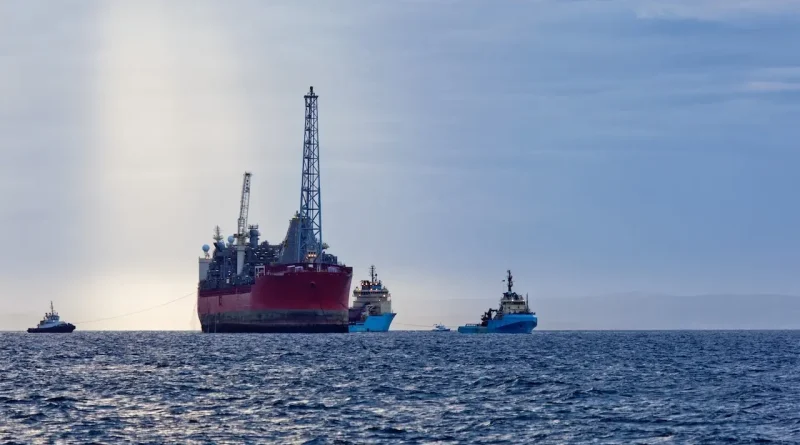The operational cost of Bangladesh’s first Tk 80 billion single-point mooring (SPM) project is expected to significantly exceed initial estimates, as the authorities move to hire a foreign contractor for both onshore and offshore operations, officials said.
The state-run Bangladesh Petroleum Corporation (BPC) had initially planned to operate the onshore segment itself to curb expenses, leveraging its experience in managing large-scale pipeline systems. BPC currently operates 126 kilometres of the Bangladesh-India Friendship Pipeline and is set to begin operations of the 250km Dhaka–Chattogram pipeline next week.
In a bid to further streamline costs, BPC recently established Petroleum Transmission Company PLC (PTCP) to oversee oil pipeline operations. However, sources allege vested interests are pushing to award both onshore and offshore operations of the 220km SPM pipeline to a foreign firm. Around 100km of the pipeline is onshore, with the remainder offshore.
While experts acknowledge the need for foreign expertise in offshore operations—an area where BPC lacks experience—they recommend retaining onshore operations under BPC to avoid cost escalation. Six onshore storage tanks, with a combined capacity of 240,000 tonnes, have already been built.
The project, constructed by China Petroleum Pipeline Engineering Co Ltd (CPPEC), was completed in August 2024 but remains idle, forcing BPC to rely on lighter vessels to ferry fuel from mother vessels to shore—an arrangement that incurs extra costs.
Originally budgeted at Tk 50 billion, the project cost rose by 60% to Tk 80 billion. Funding came through Chinese concessional loans amounting to $554 million, repayable over 20 years at a 2% interest rate, with a five-year grace period.
Once operational, the SPM will enable the unloading of 120,000 tonnes of crude oil in 48 hours and 70,000 tonnes of diesel in 28 hours, eliminating the need for lighter vessels. The system is projected to save around Tk 8 billion annually in fuel transport costs, cutting unloading times from 11 days to just two.
Bangladesh imports about 7 million tonnes of crude and refined oil annually to meet its growing energy demand.






